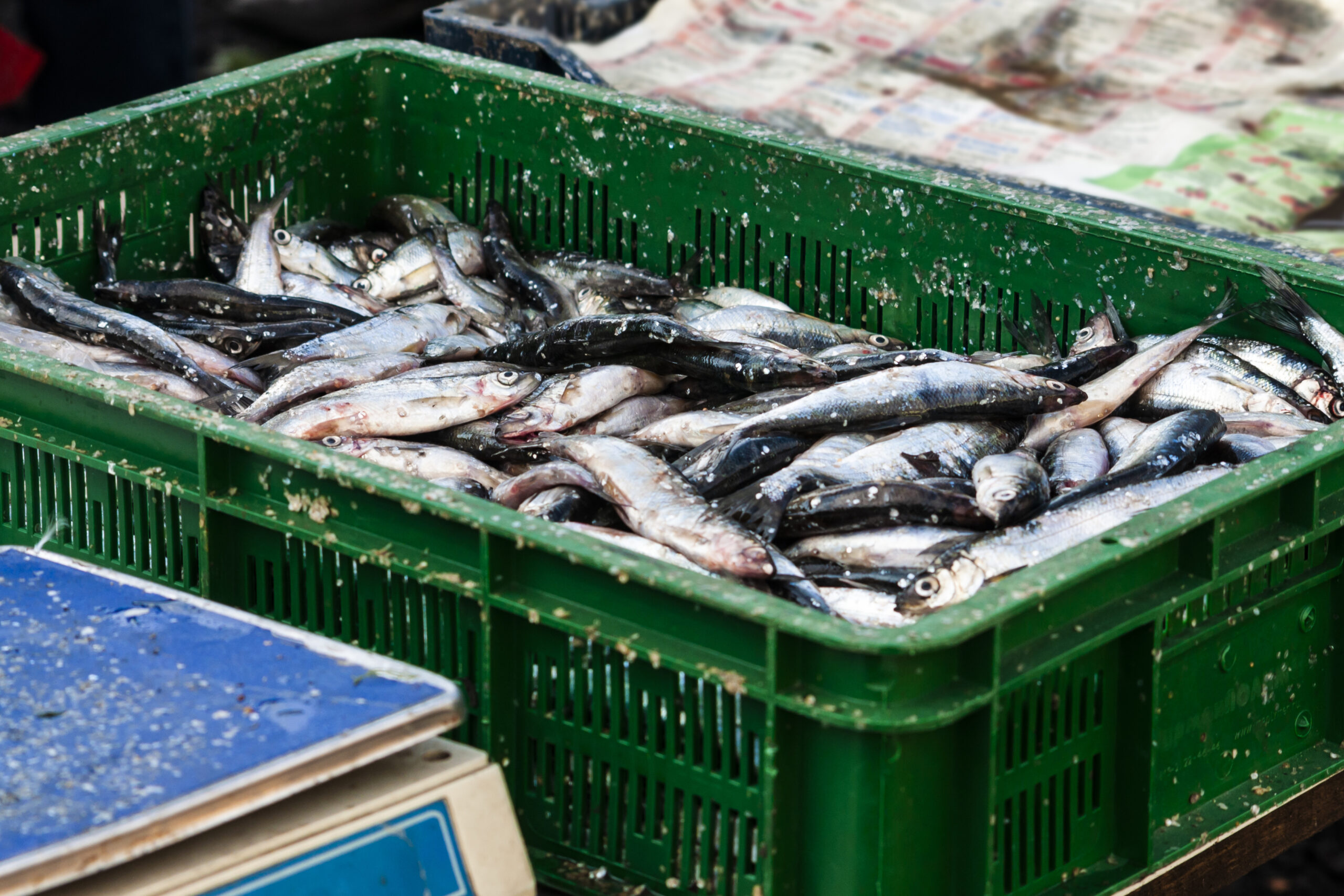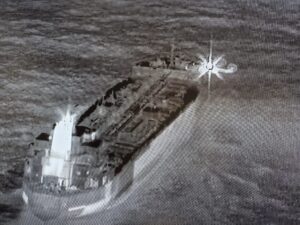Two companies in the Alaska seafood shipping industry have agreed to pay $9.5m to U.S. in settlement for violating the Jones Act, a law that requires merchandise be transported by U.S. flagged vessels between U.S. ports.
An exception to the U.S. flagged vessel requirement allows seafood from Alaska to be transported to the mainland U.S. if it travels via Canadian rail.
The companies challenged the penalties and fines in the U.S. District Court of Alaska, saying they did not violate the Jones Act while transporting seafood from Alaska to the mainland U.S. because it was “transported” by Canadian rail.
According to court documents, Kloosterboer International Forwarding LLC (KIF) and Alaska Reefer Management LLC (ARM) arranged transportation and related services to move frozen seafood from Alaska to the East Coast via maritime shipping.
For over a decade, the companies moved seafood from Dutch Harbor, Alaska, to a port in New Brunswick, Canada, on foreign-flagged vessels.
Once in Canada, KIF arranged for the seafood to be offloaded from the vessel onto trucks in the port.
The trucks were then driven onto a flatbed rail car on the Bayside Canadian Railway (BCR), a roughly 100-foot length of railroad track located entirely within the Port of Bayside, where they rode the length of the rail and back before being driven off the train cars and proceeding directly to a border crossing in Maine for final transport to the mainland U.S.
The BCR was specifically built and exclusively used to move the seafood in this manner so the companies could claim they met the Canadian rail exception to the Jones Act.
The U.S. Customs and Border Protection (CBP) investigators determined the companies were in violation of the Jones Act because using the BCR did not meet the Canadian rail exception.
CBP issued numerous penalty notices to KIF, and other companies involved in the shipping route, and the companies responded with a lawsuit against the federal government claiming they did not violate the Jones Act and that the penalties were unlawful.
The parties filed for summary judgement in the U.S. District Court of Alaska, and the Court ruled the companies’ utilization of the BCR for part of the transport of seafood from Alaska to the mainland U.S. was unlawful because there was no actual “transportation” of goods on the BCR, which is a requirement to meet one of the exceptions under the Act.
A settlement agreement was finalized between the companies and the U.S. in January 2024. The agreement requires KIF and ARM to pay $9.5 million to the U.S.
The companies also stopped using the BCR to transport seafood to the U.S. after this ruling.



